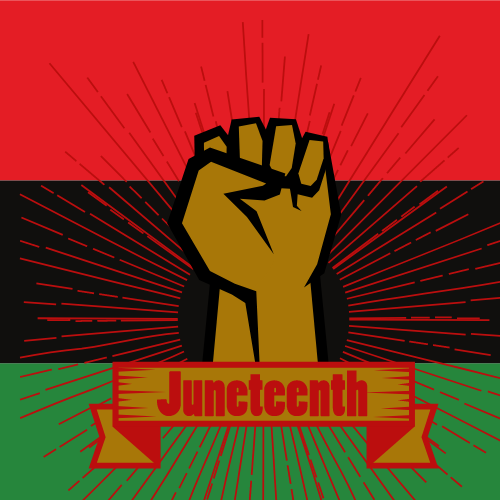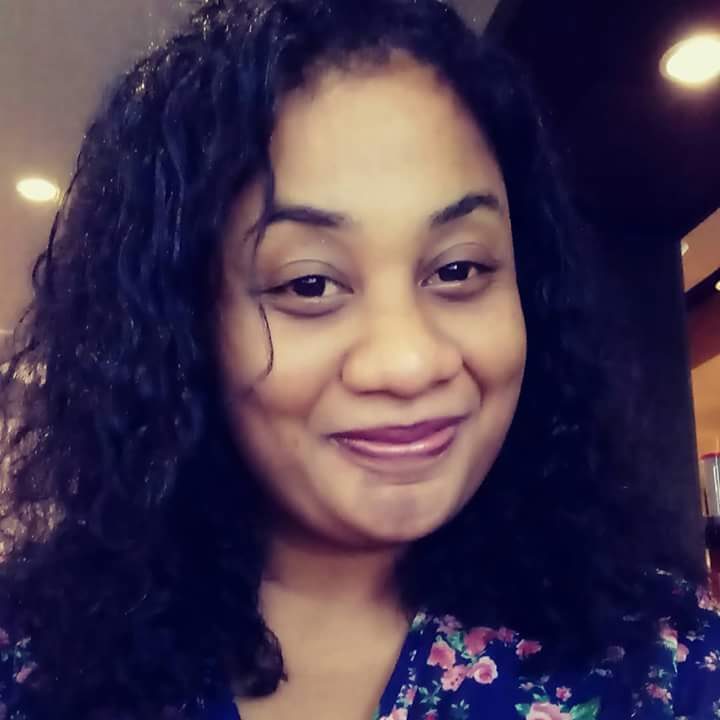

By Vola Ranaivoson
Cohort 8 Member
Last year when I sat around the dining room table with my roommates and discussed our plans for Juneteenth, I realized I didn’t know much about this celebration. At first, I chalked it up to being a U.S. immigrant from Madagascar. However, I am a 33-year-old woman who attended a middle school in the States, an American-based high school in Kenya and graduated college in Iowa. Surely, I would have heard something about Juneteenth from one of those institutions. But I didn’t and it disturbed me. How was I just now finding out about another significant part of American history?
My lack of education led me to research more about this celebration. As I dug deeper, I was struck to find that most enslaved peoples in Texas were unaware of their freedom for two years after the Emancipation Proclamation was declared in 1863. However, on June 19, 1865, Major General Gordon Granger read Texas General Order No. 3 declaring that “The people of Texas are informed that, in accordance with the proclamation from the executive of the United States, all slaves are free. This involves an absolute equality of personal rights and rights of property between former masters and slaves.” After the reading, freed men and women immediately began to celebrate with prayer, feasting, song, and dance.
Like so many other opportunities before, that day was an opportunity for America to repent and correct the wrongful systems and narratives that disadvantaged and exploited Black people. The systems of oppression that were prevalent then, still exist today for people of color. As Soong Chan Rah stated so eloquently at the CCDA conference in Chicago, “We need to uproot ourselves of the narrative and stories that shape the system in the first place. Even though we tore down the system of slavery, the narratives and principalities behind slavery, we did not deal with. And because the narratives fuel that system in the first place, even though we tore the systems, the narratives built a new system to take the place of the old system.”
I am reflecting on the above quote and also the CCDA principle of redistribution not just in resources, access and opportunity, but also in the power, stories, and histories that are told. The telling of the Juneteenth story matters, 156 years later, because we continue to see the disparities in power and story-telling. Earlier this week, Congress passed a bill making Juneteenth a federal holiday which is a first step. Yet, we cannot negate the importance of the untold history I mentioned earlier as well as the actions and policies that create oppressive economic frameworks for minorities in America.
In reflecting on all this, I feel weary. After the year of a disproportionate number of deaths among communities of color, the killing of George Floyd, Breonna Taylor, Ahmaud Arbery, and other Black Americans by police brutality, hate crimes against Asians, and the racial reckoning that took place all across the country in 2020, – we have seen time and time again the delay of Justice. I feel within my body, deep weariness and lament, wondering if things will always be like this, crying out “HOW LONG O LORD!!”
My friend and fellow CCDA Cohort Gr8 member Vatreisha Nyemba shared her own reflections with me, which were encouraging. She said, “reflecting on what Juneteenth means for me is the freedom to both acknowledge what happened in the past and to celebrate the hope that our ancestors held out even in the ugliness of slavery – that this is not going to be the story of future generations. One day they’re not going to be under the thumb of some master of the plantation. They’re going to thrive. For them to celebrate their emancipation from slavery, for them to press on even in the midst of struggles even after emancipation, and to know that I’m living my ancestors’ dreams is a moment of real celebration.”
I/we again need the reminder that freedom will breakthrough, that justice will roll down, and that hope will see us through.


